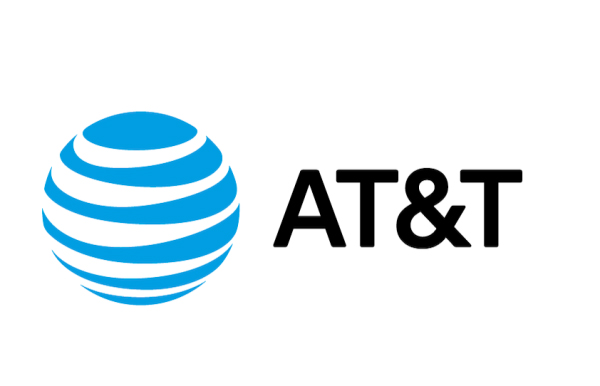AT&T Backs FCC Review of Section 230
Said regulation dates from a time before edge players were economic giants

The smarter way to stay on top of the multichannel video marketplace. Sign up below.
You are now subscribed
Your newsletter sign-up was successful
AT&T said it supports "the growing consensus that online platforms should be more accountable for, and more transparent about, the decisions that fundamentally shape American society today," including requiring them to disclose their management practices just as internet service providers must disclose their network management.
That came in the company's comments to the FCC on a Trump administration effort to regulate social media, which it said was meant to contribute to a bipartisan dialogue on edge providers who "enjoy extraordinary legal immunities designed a quarter-century ago to protect nascent innovators, not trillion-dollar corporations." That’s a reference to immunity from liability under Section 230 of the Communications Decency Act, which platforms such as Google, Facebook and Twitter enjoy over their handling of third-party content.
It is that section that President Donald Trump, via the National Telecommunications & Information Administration, has asked the FCC to “clarify” so social media platforms can be regulated.
RELATED: Trump Tackles the Edge
When creating the immunity in 1996, AT&T said, Congress could not have foreseen courts expanding it to "confer near absolute immunity for online conduct that bears no relation" to the section's objective of reducing liability risks for platforms blocking "obscene, lewd, lascivious, filthy, excessively violent, harassing, or otherwise objectionable" content. It said Congress also could not have foreseen that the protection from expensive lawsuits would extend not to financially vulnerable start-ups but to "the largest and most powerful companies in the world."
AT&T said platforms should be commended rather than condemned for their innovation and success, but that success breeds responsibility and should bring accountability. Policymakers should ensure accountability in two ways, the telco said: 1) by transparency about their "algorithmic choices" and 2) "just as AT&T and other ISPs disclose the basics of their network management practices to the public, leading tech platforms should now be required to make disclosures about how they collect and use data, how they rank search results, how they interconnect and interoperate with others, and more generally how their algorithms preference some content, products and services over others."
While AT&T said it is not asking edge providers to reveal their "secret sauce," it does think that the public should get a gander at how a dominant platform designs algorithms to goose its own vertically integrated services over the competition.
The smarter way to stay on top of the multichannel video marketplace. Sign up below.
RELATED: Free State: FCC Has Authority to Clarify Sec. 230
AT&T also said it is OK with modifying Section 230 so that it does not provide immunity when leading platforms, as they routinely do, "amplify some content over other content and shape how it appears," often for financial reasons. In that case they should not play by "radically different" rules from publishers, like TV and radio, who have no such liability immunity.
AT&T did not endorse the Trump proposal for how to reform Section 230, but it did endorse a revisit and a single set of nationally consistent rules.
"It is time for federal policymakers to step back, return to first principles, and revisit whether and when the nation’s largest online platforms should enjoy legal immunities unavailable to similar companies in similar circumstances," the company said.
Contributing editor John Eggerton has been an editor and/or writer on media regulation, legislation and policy for over four decades, including covering the FCC, FTC, Congress, the major media trade associations, and the federal courts. In addition to Multichannel News and Broadcasting + Cable, his work has appeared in Radio World, TV Technology, TV Fax, This Week in Consumer Electronics, Variety and the Encyclopedia Britannica.

